What direction Europe will take is one of the key issues at stake in next year's European Parliament elections, Hungarian Justice Minister Bence Tuzson stressed, speaking in Subotica (Szabadka), Vojvodina, on Saturday. The minister underlined that
we have come to a crossroads, and the question is what the Europe of the future will look like.
"The question is whether we will create a federal Europe in which nations dissolve and become a doughy mass, or whether we will build a Europe made up of strong nations," he explained, stressing that the Hungarian government is convinced that it is only possible to build a Europe based on strong nations.
The founding fathers also envisioned a Europe of nations, he added.
So we are not talking about a European empire that can issue diktats to nations and have those diktats forced on nations, but a Europe based on cooperation. It is a sensitive system composed of nations and nation-states, and these nation-states have their own interests and their own legal systems, which cannot be overridden from one moment to the next. These countries cannot be forced to act against their own interests, because then these countries will refuse to carry out these orders,
he explained.
"It is in Hungary's interest that cooperation in Europe continues, and that a Europe based on strong nations continues to grow stronger. Formulating diktats against countries is not the way to go, because this will actually lead to the dismantling of Europe," he added.
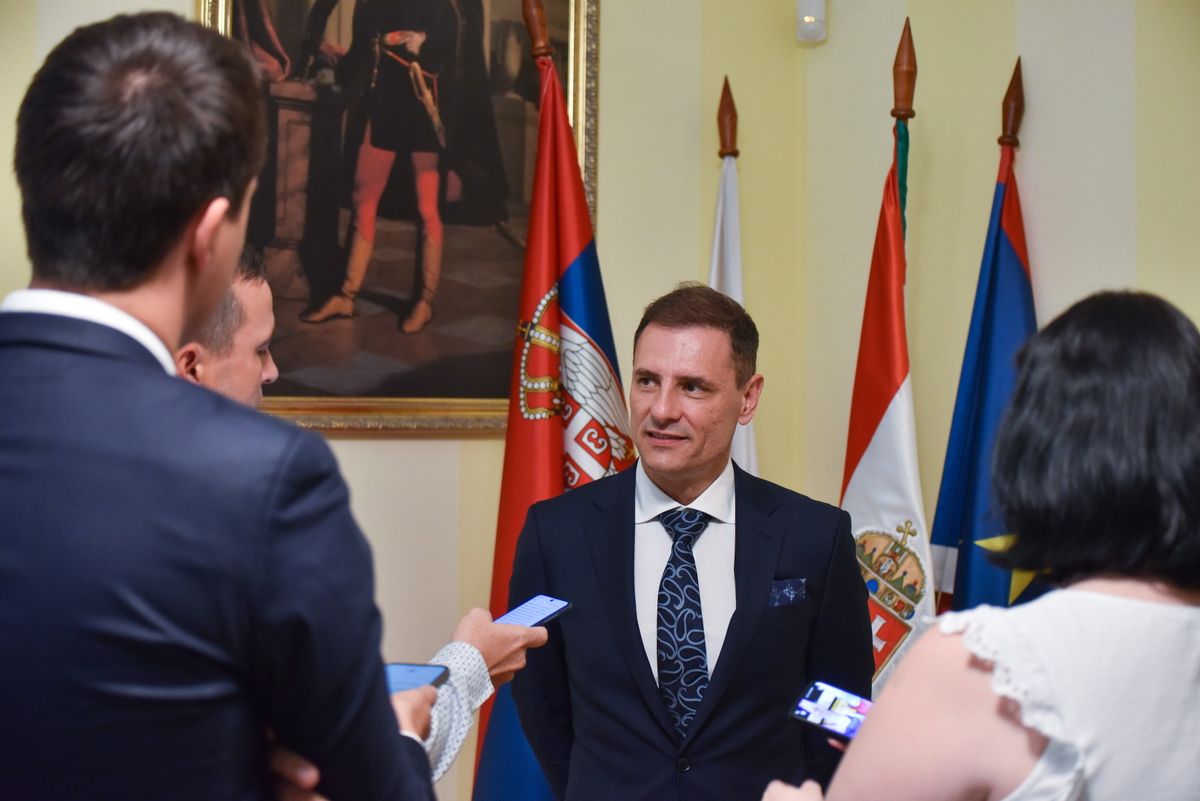
In the justice minister's view, the number of countries that consider sovereignty issues important is not decreasing, but increasing, because "they are increasingly confronted with cases where their sovereignty is violated by a decision". That is why it is important what will happen in the next EU elections, what direction Europe will take, because it does matter which way issues are decided, whether a Europe of sovereign states or an imperial Europe will be created. "This is the key issue at stake in the EP elections, he explained.
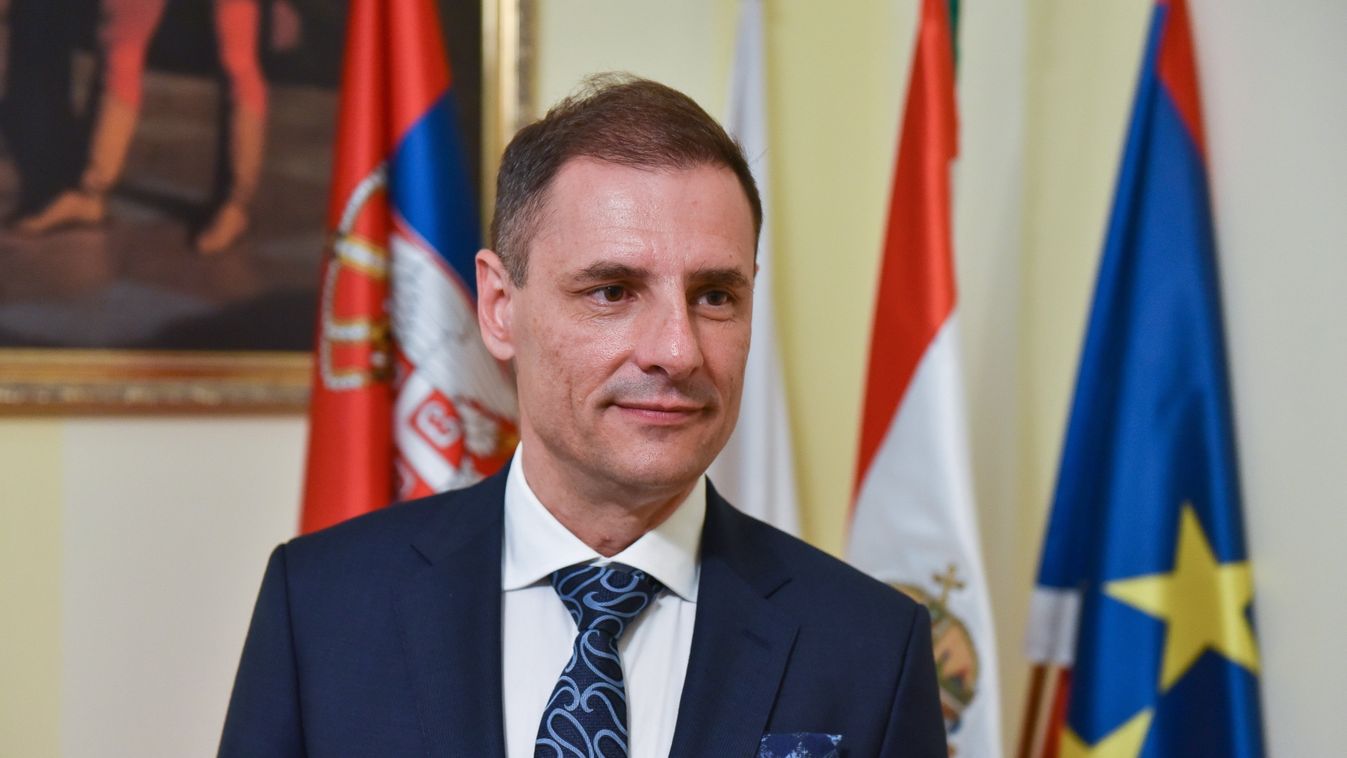
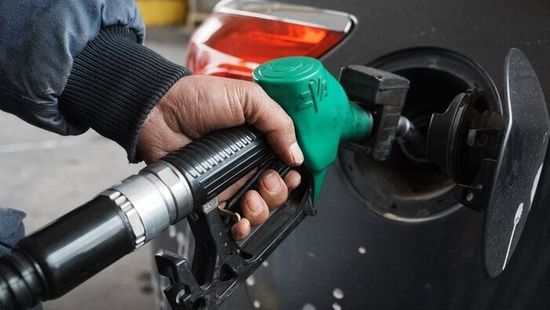
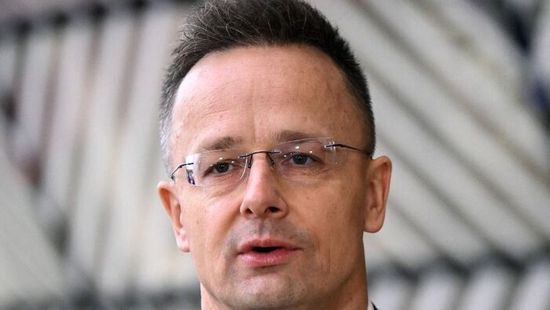




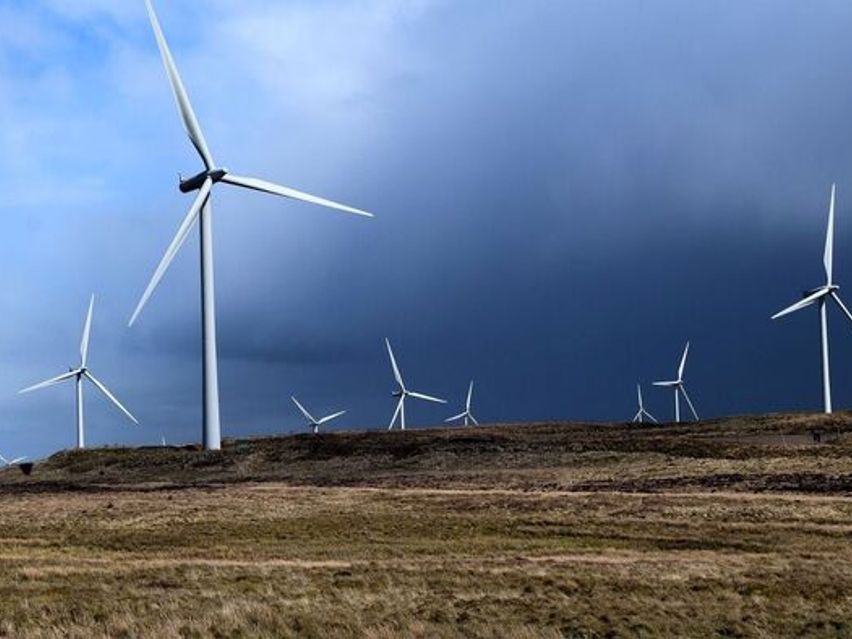
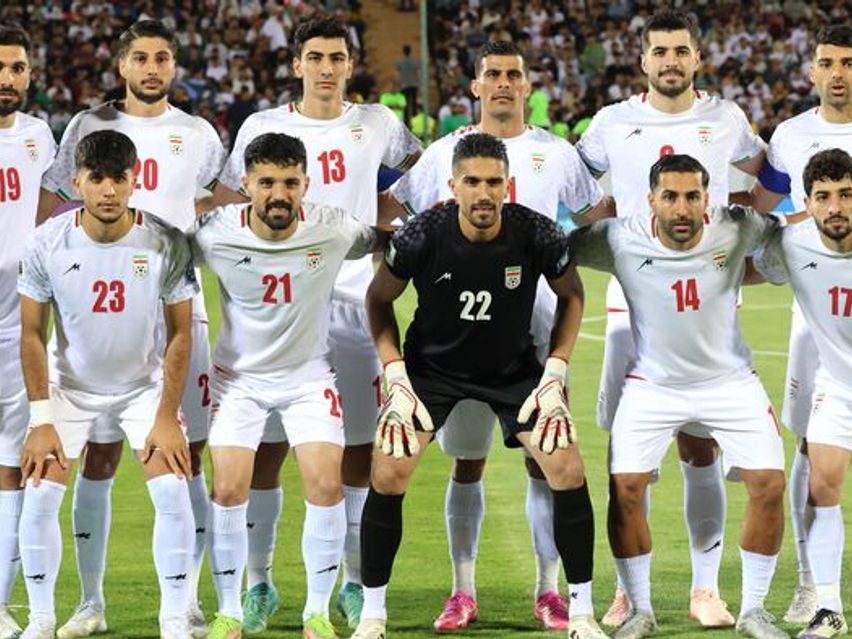


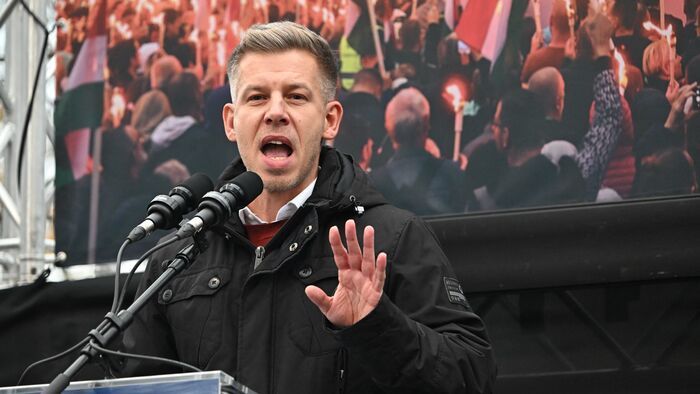

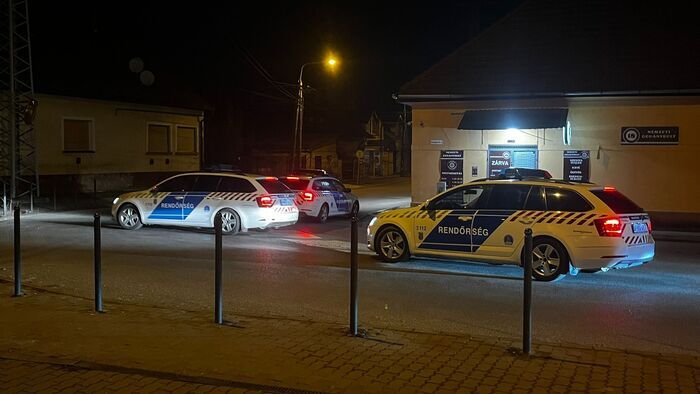
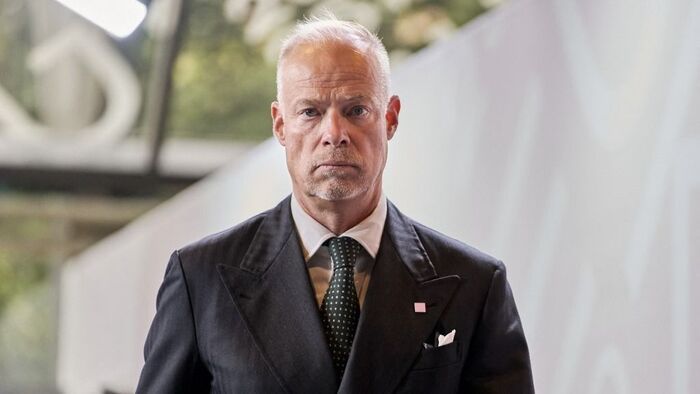
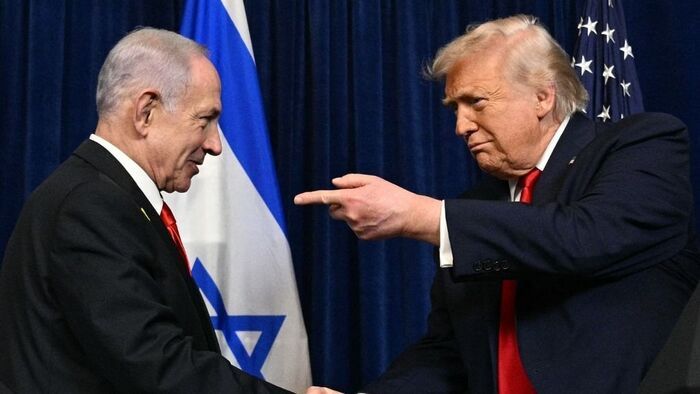
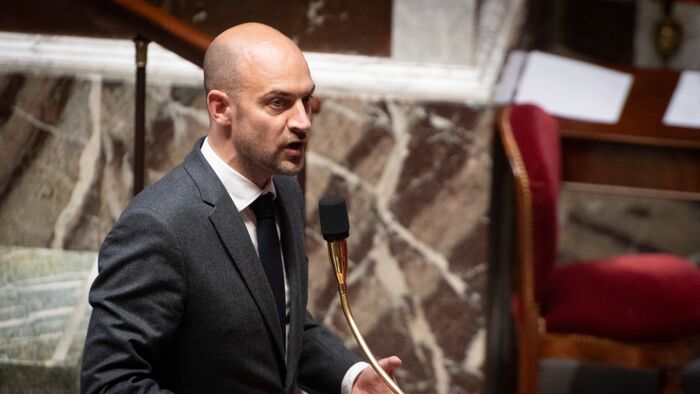
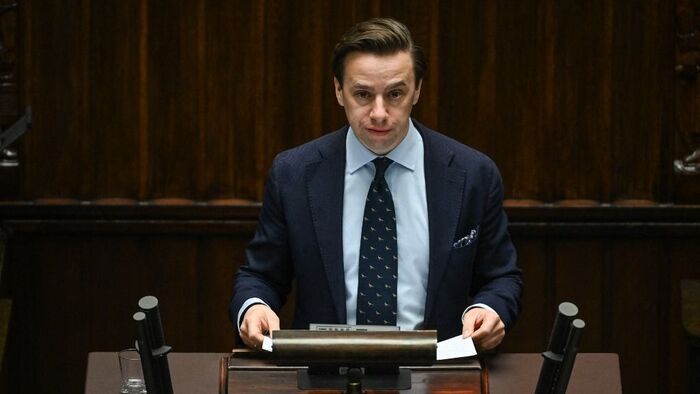


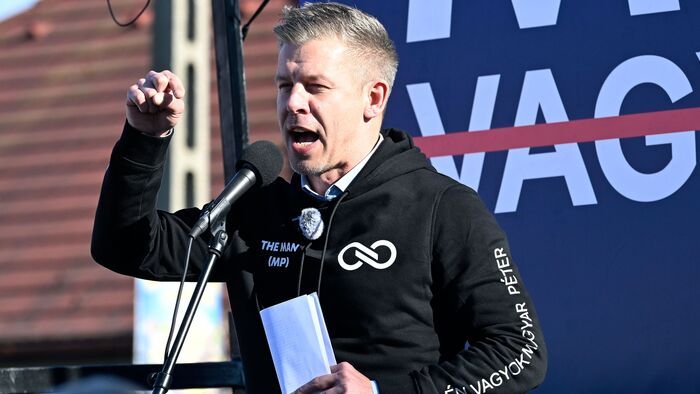


Szóljon hozzá!
Jelenleg csak a hozzászólások egy kis részét látja. Hozzászóláshoz és a további kommentek megtekintéséhez lépjen be, vagy regisztráljon!